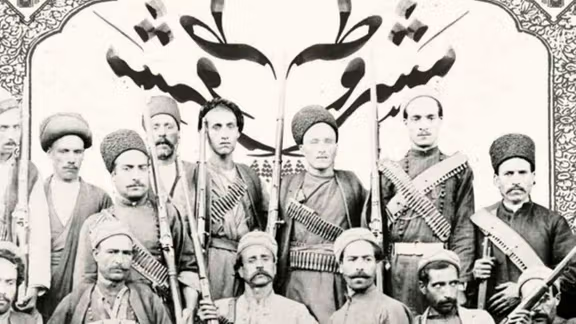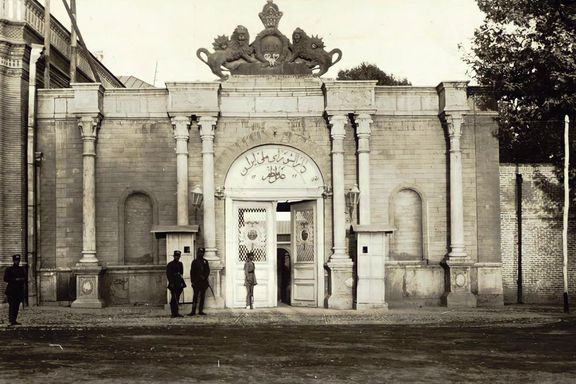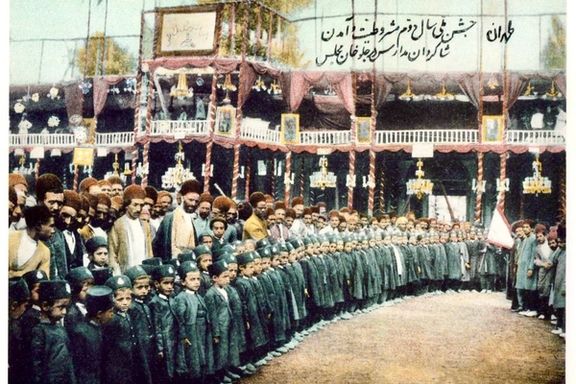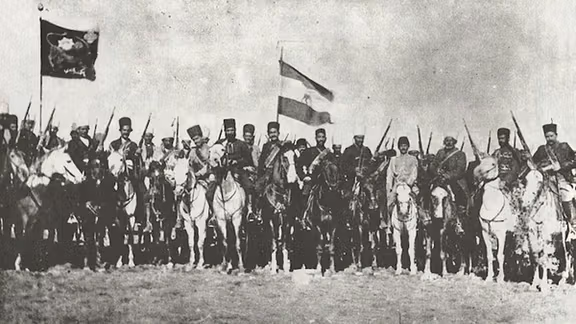The Silent Anniversary of Iran’s Audacious Constitutional Revolution

August 5 is the anniversary of Iran’s 1905 Constitutional Revolution, although 1905 was the beginning of a process that led to the revolution’s victory in 1911.

August 5 is the anniversary of Iran’s 1905 Constitutional Revolution, although 1905 was the beginning of a process that led to the revolution’s victory in 1911.
It was the outcome of Europe’s multifaceted ascendance in the 19th century that motivated Iranian intellectuals to demand freedom and justice.
Justice was the main demand, and many thought “Constitution” meant justice and a process that would eventually lead to the establishment of courts of justice [Edalat Khaneh or house of justice]. For several centuries, Iranians, then called Persians, were suffering in the hands of despotic monarchs and Sharia judges. Since the 16th century, the oppression by courtiers and Shiite clerics close to the court became unbearable. Kings and grand ayatollahs did whatever they wanted without consulting members of the public.
Particularly under the Safavids (1501-1736) and the Qajars (1789-1925), despotism was the main characteristic of the Persian governments. Under the Qajars, many intellectuals and learned clerics fled Iran and went to the Ottoman Empire or India and set up newspapers and magazines to promote democracy and justice in Iran.

Once the revolution was successfully established, the idea of justice was soon forgotten or pushed to oblivion by the kings, but democracy flourished in the form of a parliament (Majles or Iran's National Assembly) where most seats were occupied by clerics. The parliament, throughout the Qajar period was divided between pro-British and pro-Russian factions who were constantly fighting each other. Traditionally, Russia supported the despotic monarchs, and Great Britain lent its support to intellectuals and Westernizers.

The Qajar kings who were supposed to be the guarantor of the Constitution could hardly tolerate it. Muzafareddin Shah who signed the decree of Constitution and Muhammad Ali Shah, his son, who bombed the Majles with the help of the Russians, are widely believed to have been Russian puppets. They were educated and trained by Russian advisers in Tabriz as crown princes. Muhammad Ali Shah finally fled to Russia.
The only likeness of a modern judiciary system was created under Reza Shah Pahlavi with modern courts, and a civil code based on the laws of Belgium, albeit with some clauses to guarantee some benefit for clerics who were no longer partners in the government.

Although the Majles experienced increasingly less upheavals under the Pahlavis, it was never the institution envisaged by the forefathers of the constitutional revolution. However, the limits the Constitutional Law imposed on the power of the kings were respected by Reza Shah and his son Mohammad Reza Shah Pahlavi.
But if the Constitutional Revolution also meant free and fair elections for a parliament represented by all walks of life, the Pahlavis were somewhat successful in upholding the law although there are many reports about rigged elections throughout the period and arrests of political opponents. Apart from that, the Shah held his position for life, and his eldest son would inherit the throne.
Under the Islamic Republic, the Constitution and the Parliament lost their true meaning, as the Supreme Leader’s powers are boundless and for life, and candidates for parliament and president are first chosen by the Guardian Council, controlled by the Supreme Leader, before the people can vote for them.
During the past few days, Empress Farah Pahlavi, and Prince Reza Pahlavi, both in exile, paid tribute to the people’s quest for democracy and remembered the Constitutional Revolution and its heroes. Politicians in the Islamic Republic generally ignored the occasion as freedom and justice, the main elements of the Constitutional Revolution are dangerous issues to raise in Iran under the Islamic Republic.